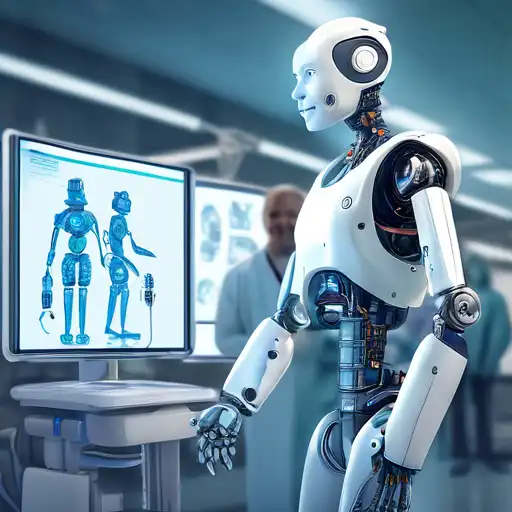Introduction to Robotics in Healthcare
The integration of robotics into healthcare is revolutionizing the way medical services are delivered. From surgical procedures to patient care and rehabilitation, robotics technology is setting new standards for efficiency, precision, and safety in the medical field.
The Role of Robotics in Modern Medicine
Robotics in healthcare encompasses a wide range of applications, including robotic surgery, rehabilitation robots, and hospital automation systems. These technologies are designed to assist healthcare professionals in delivering superior care while minimizing risks and improving patient outcomes.
Benefits of Robotics in Healthcare
The adoption of robotics in healthcare offers numerous benefits, such as:
- Enhanced precision in surgical procedures
- Reduced recovery times for patients
- Increased efficiency in hospital operations
- Improved safety for both patients and healthcare workers
Challenges and Considerations
Despite the advantages, the implementation of robotics in healthcare comes with its set of challenges, including high costs, the need for specialized training, and ethical considerations. Addressing these challenges is crucial for the widespread adoption of robotics in the medical field.
Future Prospects
The future of robotics in healthcare is promising, with ongoing advancements in artificial intelligence and machine learning paving the way for more sophisticated and autonomous systems. These innovations are expected to further transform patient care and medical procedures in the years to come.
Conclusion
Robotics in healthcare is indeed a game changer, offering unprecedented opportunities to enhance medical care and improve patient outcomes. As technology continues to evolve, the potential for robotics in healthcare is limitless, promising a future where medical procedures are safer, more efficient, and more accessible to all.
